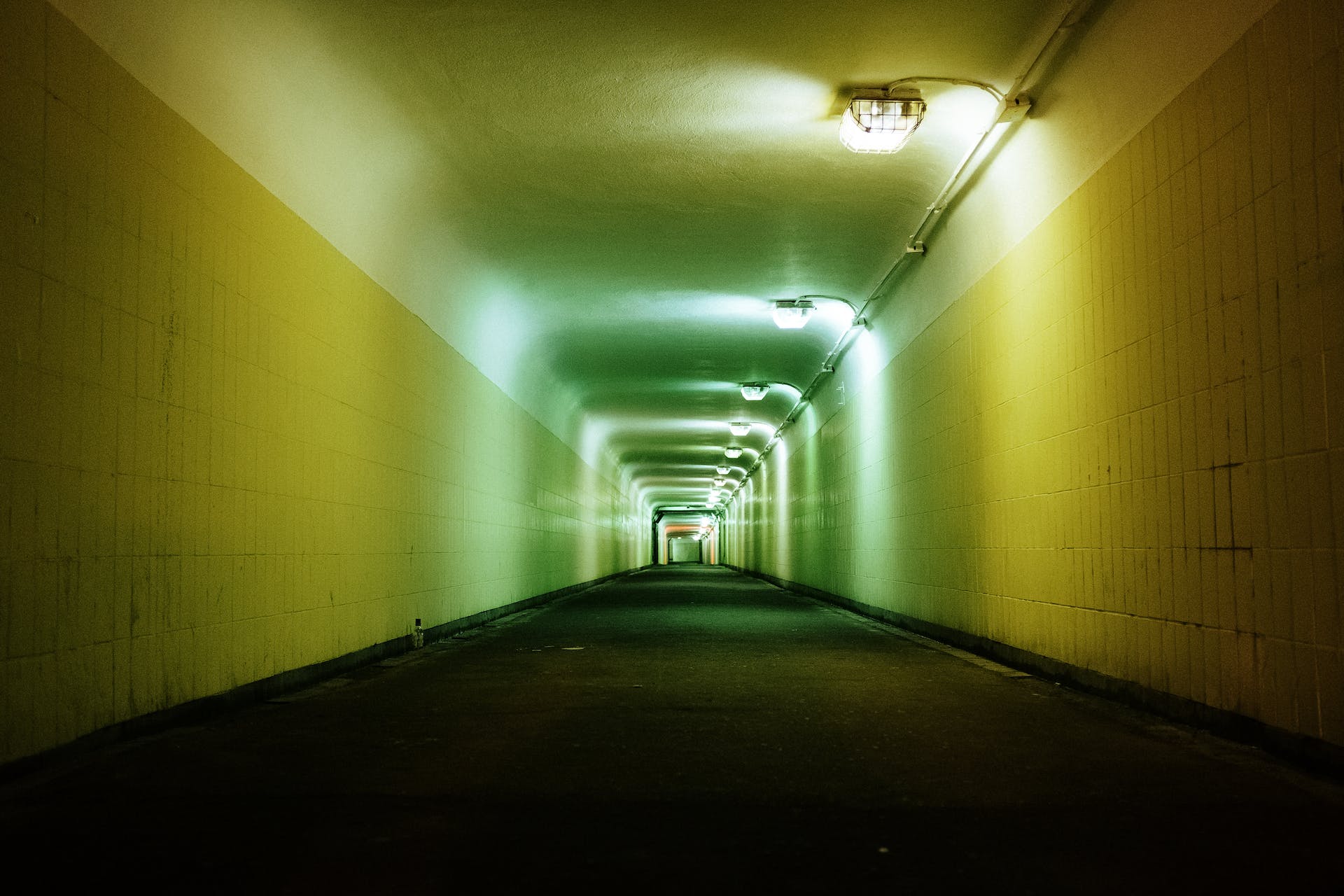
Award-winning journalist, author, and activist Masha Gessen received the prestigious Hannah Arendt Prize for Political Thought in a ceremony on December 16th, shrouded in debate and increased security measures. This accolade, which honors outstanding contributions in the realm of political thought, was bestowed on Gessen amid a wave of controversy stemming from a recent piece in the New Yorker.
Controversial Article Sparks Widespread Debate
In their article, “In the Shadow of the Holocaust,” Gessen made a controversial analogy comparing the present-day conditions in Gaza to the ghettos for Jews in Eastern European countries under Nazi control. This comparison, deemed provocative and inappropriate by a considerable audience, particularly in Germany, ignited a substantial discourse. Gessen, noted for their outspoken criticism of figures like Vladimir Putin, Donald Trump, and the Israeli treatment of Palestinians, received mixed reactions, ranging from support to opposition for their provocative viewpoint.

German Reaction to Gessen’s Views
The comparison in Gessen’s article was particularly controversial in Germany, where there is a strong governmental stance in support of Israel. The German Holocaust remembrance culture, which Gessen critiqued as being used politically against Muslim immigrants, especially by the AfD party, has added another layer of complexity to the discussion.
Changes to the Award Ceremony
In response to the article, the sponsoring organization, the Heinrich Böll Foundation, and the Senate of the city of Bremen initially withdrew from the planned ceremony. The event was subsequently relocated and downsized, with about 50 guests attending in a smaller venue under police security. The Böll Foundation, affiliated with Germany’s Green party, termed Gessen’s comparison as “unacceptable,” yet did not cancel the award itself.
Gessen’s Background and Perspectives
Masha Gessen, born Jewish in the Soviet Union, is a nonbinary and trans author with a history of outspoken critiques on various political figures and issues. Their stance on Israel’s treatment of Palestinians, particularly in the context of the recent Israel-Hamas war, has added to the heated debates within German society, which has seen a mix of pro-Palestinian and pro-Israel demonstrations.
Reflections on the Holocaust and Modern Politics
Gessen’s article, while condemning the actions of Hamas, also criticizes the Israeli state’s policies towards Palestinians. The historical context of the Holocaust and its current implications in political and cultural debates, as explored by Gessen, continues to be a sensitive and divisive topic, especially in a country like Germany, which grapples with its own dark history.
Ongoing Discussions and Implications
The awarding of the Hannah Arendt Prize to Masha Gessen amidst this controversy highlights the complex and often fraught intersections of historical memory, political thought, and current geopolitical conflicts. The debate surrounding Gessen’s article and the subsequent reactions serve as a reminder of the ongoing challenges in addressing and learning from history while navigating the complexities of modern political landscapes.
©jewishsolidarity.org
